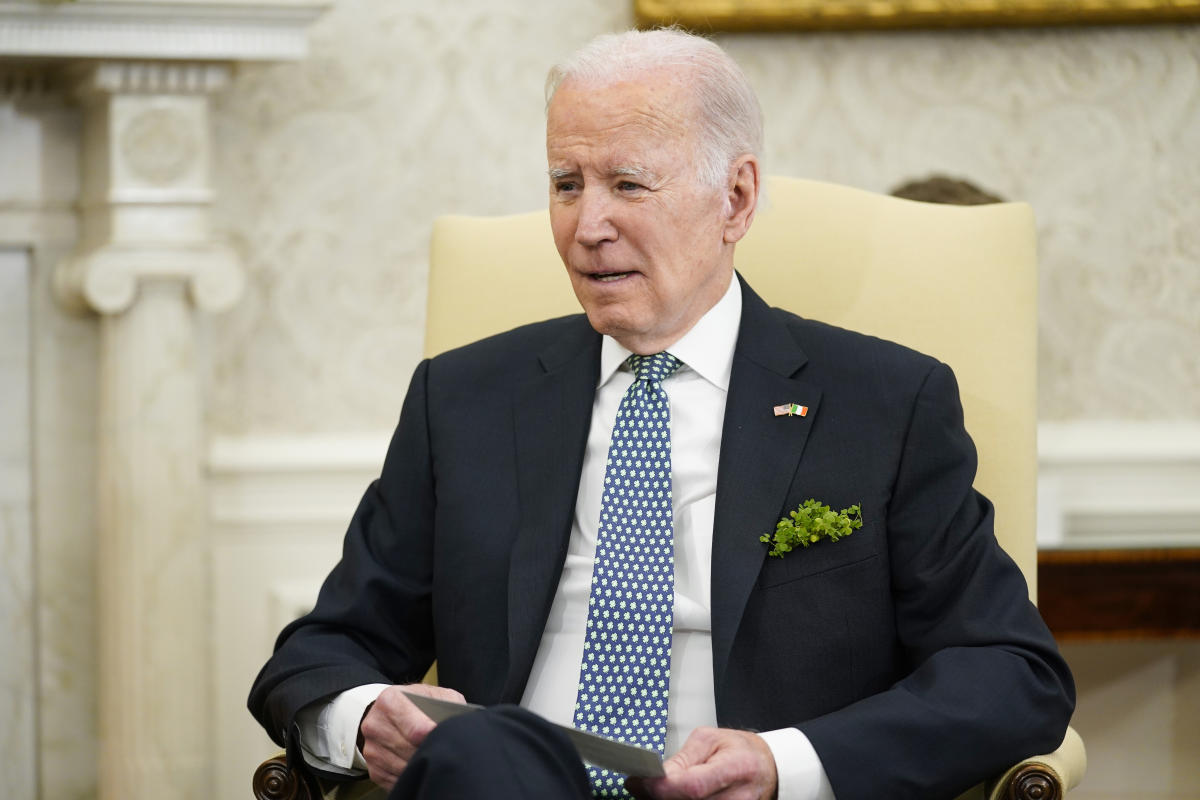#Yes, tax Airbnb hosts —but legalize them first

“#Yes, tax Airbnb hosts —but legalize them first”

In its struggle to balance its budget and still keep the trains and buses rolling, the Metropolitan Transportation Authority is looking for new sources of revenue. One idea floated by MTA board member, finance committee chair and Gov. Cuomo appointee Larry Schwartz is a dedicated tax on Airbnb rentals. It’s well worth considering.
Anyone operating a de facto hotel without license should not do so with impunity, especially when one can compete unfairly by avoiding taxes. If the gig economy is really to be a permanent part of city life, it can’t be part of a black market.
And the so-called bed tax would generate significant revenue: an estimated $70 million a year from Airbnb alone. That will help, in a modest way, to forestall fare increases that certainly affect those of low income.
It is true, though, that not all or even most Airbnb “hosts” are large property owners. Many, in fact, are outer-borough homeowners. Indeed, Airbnb asserts that 54 percent of its “hosts” in the city say they rely on their guests’ rents to “make ends meet.”
Why would we want to tax small homeowners who are already struggling? Why, in fact, would Airbnb itself favor such a tax?
One good reason: the rule of law, both for the small-time host and the big-time tech firm. As matters stand, much of what goes on in regard to short-term rentals in the city is not legally sanctioned. City regulation bars rentals, even of one’s own homes, of fewer than 30 days unless owners are themselves present.
That means that if a Queens homeowner wants to rent his home for a windfall during the US Open week, it’s against the law. Same for a Bronx homeowner during a Yankees World Series.
It’s highly likely that many are now operating in a gray area. Many are far from wealthy. And their guests are not likely to stay at the St. Regis or Mandarin Oriental instead. In other words, the short-term rental market is not a substitute for the hotel market; it’s a complement.
Memo to hotel owners who have long opposed Airbnb legalization: More tourism of any kind is good for a slowly recovering city. Some day those same guests, once exposed to a New York they enjoy, may be in a position to stay in Midtown.
Hotels that have opposed legalizing short-term home and apartment rentals will find themselves in a hard-to-defend position: preferring to limit competition rather than have millions of dollars directed to the city’s subway system.
The city, it’s worth noting, would be a follower, not a leader, in requiring a tax on short-term rentals. Tourism counties upstate are already collecting a 5 percent “sales tax” on them.
More broadly, it is never good for a popular service to be pushed under a legal shadow.
Just as gypsy cabs long operated without regulation — at some danger to riders — and have now been effectively replaced by Uber and Lyft, we should not want law-abiding citizens to lose respect for the law when they are doing something fundamentally benign and without any criminal intent.
This is not a case for a completely unregulated market. Currently, in buildings with three or more units, short-term rentals (fewer than 30 days) are outright banned. That reflects a fear of apartments being rented for parties, at the expense of neighbors.
Airbnb says it has a hotline that one can call in such instances — but it should be quick to bar bad-actor hosts who undermine New Yorkers’ quality of life.
Airbnb, HomeAway and others may seem novel. But there is a long tradition in the country of paying one’s bills by taking in “roomers and boarders.”
Census data show that in 1930, there were more than 3 million such persons, totaling 3 percent of the entire population. The need to earn income by taking in lodgers may not have declined — but thanks to legal barriers, their number declined to just .5 percent of the population by 2000.
App-based short-term rental services have brought roomer and boarder rentals into the 21st century. They deserve full legal recognition — in exchange for which they should pay taxes.
Howard Husock is a senior fellow at the American Enterprise Institute. His book “The Poor Side of Town — And Why We Need It” is out in September.
If you liked the article, do not forget to share it with your friends. Follow us on Google News too, click on the star and choose us from your favorites.
For forums sites go to Forum.BuradaBiliyorum.Com
If you want to read more News articles, you can visit our News category.




